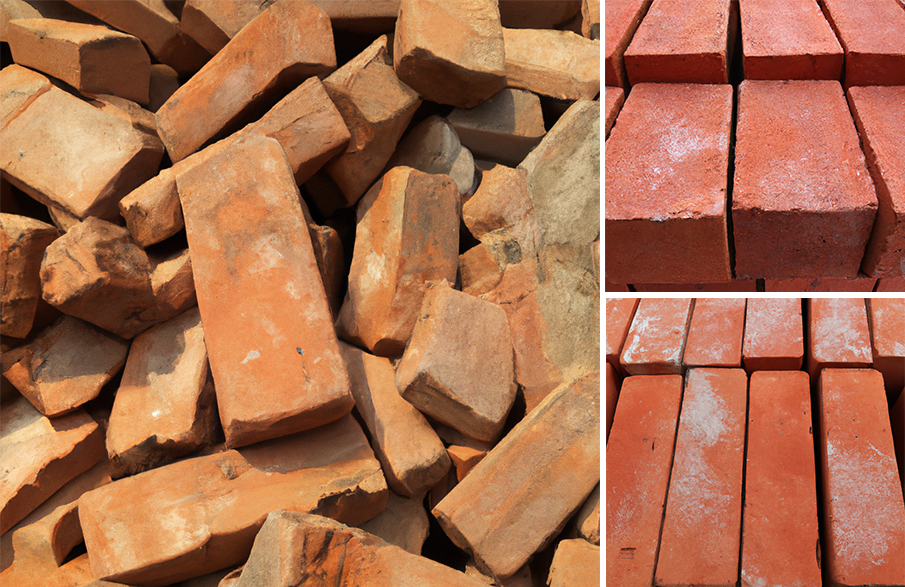

March 17, 2024
When it comes to constructing sturdy and reliable structures, the choice of bricks plays a pivotal role. Bricks are the fundamental building blocks upon which the integrity and durability of a construction project depend. However, not all bricks are created equal. To ensure the longevity and strength of a building, it is essential to use bricks that possess specific qualities. Explore the essential characteristics that define good bricks for construction.

Good bricks are meticulously crafted through a process of table moulding and thorough burning in kilns. This ensures uniformity in shape, a bright copper color, and freedom from cracks. Sharp and square edges signify the precision of their manufacturing.
Consistency in shape and size is paramount for easy and efficient construction. Bricks should adhere to standard dimensions to facilitate uniformity in laying and stability in the structure.
When tapped together, high-quality bricks emit a clear metallic ringing sound. This auditory cue indicates their solidity and compactness, reflecting their structural integrity.
Upon fracture, good bricks reveal a bright, homogeneous, and void-free interior. This uniformity underscores their reliability and resistance to structural weaknesses.
Excessive water absorption can compromise the integrity of a structure. Good bricks should absorb no more than 20% of their weight for first-class bricks and 22% for second-class bricks when soaked in water for 24 hours, ensuring resilience against moisture-related damage.
Bricks should exhibit ample hardness, resisting indentation when scratched with a fingernail. This hardness is indicative of their ability to withstand external pressures and environmental factors.
Dropping bricks from a height of one meter onto hard ground should not result in breakage. This resilience to impact is crucial for withstanding stress during construction and throughout the lifespan of the structure.
Good bricks offer insulation against heat transfer and provide soundproofing qualities, contributing to the comfort and functionality of the building environment.
Bricks that do not leave behind white salt deposits after soaking and drying demonstrate resistance to efflorescence, a common issue in masonry caused by water-soluble salts.
The minimum crushing strength of bricks should not fall below 5.50 N/mm², ensuring their ability to bear heavy loads without deformation or failure.
In conclusion, the qualities outlined above are essential benchmarks for selecting bricks that form the backbone of strong and resilient structures. Whether it's a towering skyscraper or a humble abode, the integrity of any building hinges on the quality of its bricks. By adhering to these standards, builders and architects can lay the groundwork for construction projects that stand the test of time, ensuring safety, longevity, and peace of mind for generations to come.
Share this article with your friends